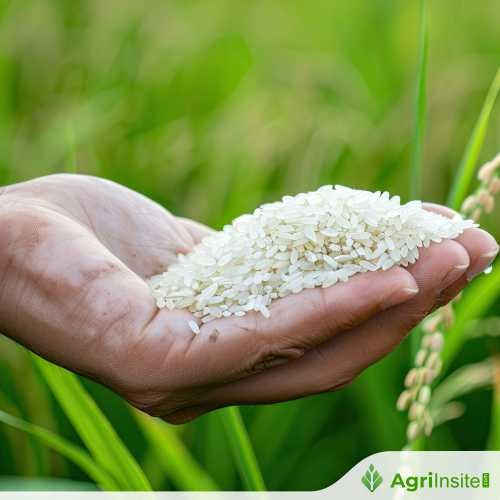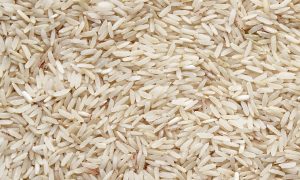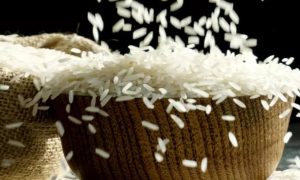Bangladesh Govt approves 18 improved rice varieties for cultivation

The government has approved 18 improved rice varieties, 80% suited for Boro and Aman seasons, to boost food security. Notably, BRRI dhan 109 and 111 are flood-tolerant, while BRRI dhan 106 suits freshwater Aush regions. New high-yielding jute, wheat, and aromatic rice varieties like ACI dhan2 also aim to raise productivity and market value.
The government has approved 18 improved rice varieties for cultivation, 80 percent of which are suitable for the Boro and Aman seasons, in an effort to raise agricultural productivity and enhance food security.
Of the approved varieties, two — BRRI dhan 109 and 111 — are suitable for cultivation in flood-prone areas of the country during the Aman season, according to a gazette notification issued by the agriculture ministry on July 19.
Another, BRRI dhan 106, is suited to cultivation in the freshwater regions of Chattogram and Barishal during the Aush season.
The varieties are expected to provide farmers with more options suited to diverse climatic and regional conditions.
Meanwhile, the government also approved four improved jute varieties and five improved wheat varieties, according to the gazette.
The document states that, on average, the rice varieties have a production output of 4.95 tonnes to 8.19 tonnes per hectare. For jute, the output is 2.35 tonnes to 4.17 tonnes, and for wheat, 3.75 tonnes to 4.50 tonnes.
Mohammad Khalequzzaman, director general at the Bangladesh Rice Research Institute (BRRI), said that in the current Aman season, some farmers have already received improved seeds, and distribution for the upcoming Boro season is planned.
This is not the first time Bangladesh has developed strengthened varieties of crops to deal with the impacts of climate change. Last year, scientists developed heat-tolerant rice varieties to address the severe impact of rising temperatures on rice production.
“This innovation directly addresses the issue of high night temperatures, which disrupt the grain-filling process and reduce yields,” the International Rice Research Institute said at the time.
The Philippines-based organisation also said researchers identified the rice varieties under a project funded by the Federal Ministry for Economic Cooperation and Development, Germany, which aimed to mitigate the adverse effects of climate change and thereby enhance food security and improve the livelihoods of small farmers.
Meanwhile, earlier this month, ACI Seed unveiled a new variety of aromatic rice suitable for cultivation in the Boro season, claiming it is the first such rice variety developed in the country. The seed-focused business unit of ACI PLC also developed a short-duration, high-yielding Boro rice variety.
ACI received approval for the inbred varieties from the National Seed Board under the agriculture ministry last month, the company said in a statement recently.
ACI said the new aromatic rice variety, named ACI dhan2, is the first of its kind developed for cultivation in the Boro season. The new variety is expected to help farmers who are looking to capitalise on the rising demand for fragrant rice.
According to the company, ACI dhan2 has a yield potential of up to 7 tonnes per hectare, significantly surpassing that of its aromatic predecessor, BRRI dhan34 — an early-season Aman variety that typically yields around 3 tonnes per hectare.
As per the statement, ACI dhan2 can be harvested 135 to 140 days after plantation. Additionally, it has reduced susceptibility to major pests and diseases, thereby reducing the need for pesticides.
“This not only helps farmers reduce input costs but also promotes safer, more sustainable agricultural practices,” said the company.
Ansarey said, “ACI dhan2 opens up high-value markets and export opportunities for farmers who were previously constrained to low-yielding varieties in this segment.”
Meanwhile, the short-duration, high-yielding variety named ACI dhan3 contains a blast-resistant gene.
To Read more about Rice News continue reading Agriinsite.com
Source : The Daily Star














